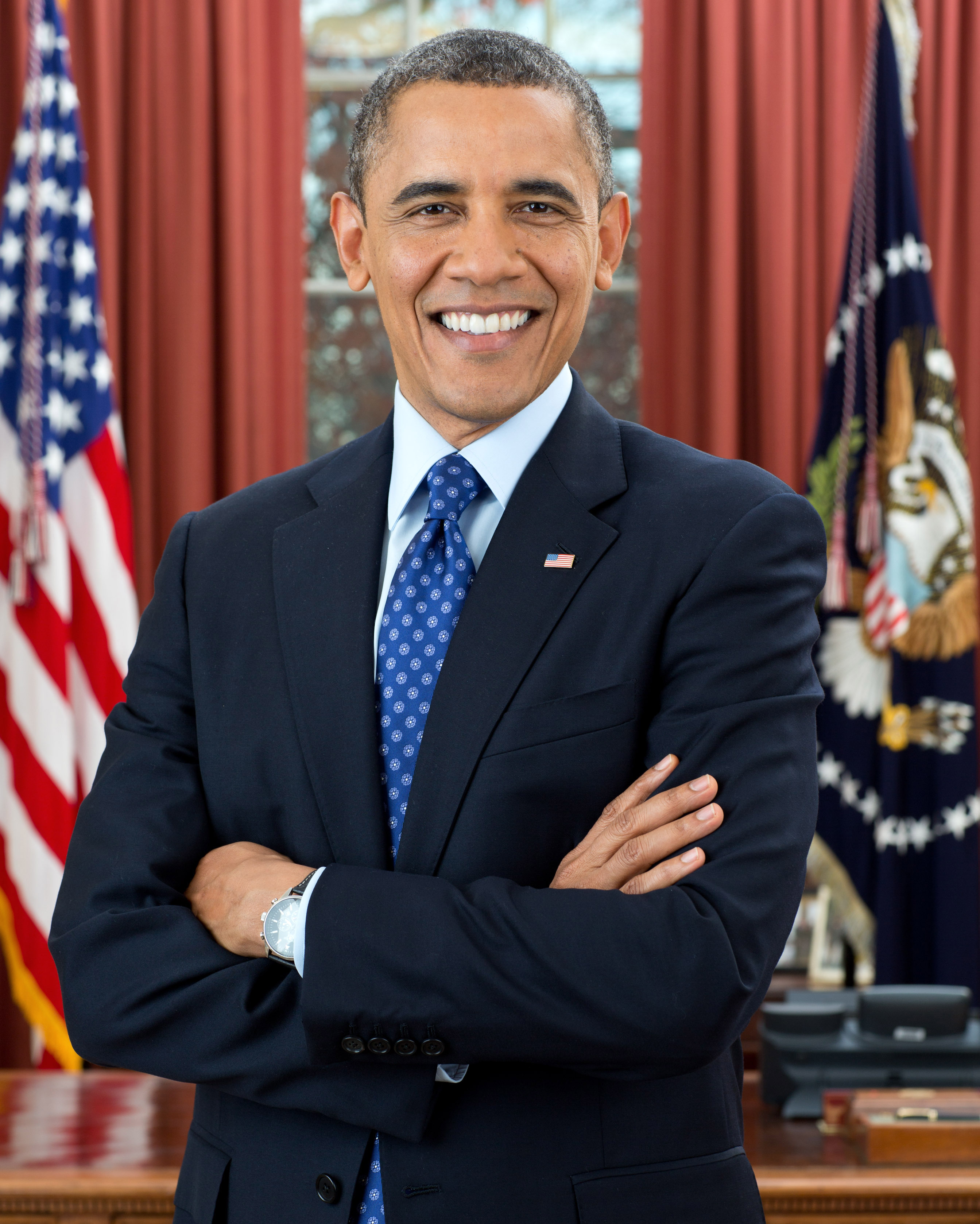I’m hella gay in German. Like no shit, Berlin twink in a piss club gay. Totally down for it, it’s crazy how a new language is helping me reject all the “you have to be straight” nonsense my Anglo brain has.
the language i was raised with is hella (like direct to the point fuck you so hard it even sounds unpleasant) blunt. meanwhile when i learned english i found a whole new world of word fuckery you can accomplish. there's like a million little tiny words you can put into a sentence to make it seem less direct or more direct or shy or emotional or...
what i'm saying is that i could always be more emotional in my english writing/talking online that i could ever be as a finnish male while talking/writing to someone. something something :trans-egg: something something :trans-specter:
That’s interesting, maybe it’s leftist Anglo insecurity, but I never would have thought English could be nuanced and good like that.
a whole new world of word fuckery you can accomplish
What an absolutely based sentence. Word fuckery is a new goal of mine in my quest to become a writer.
I’m glad that it sounds like learning a language helped you. Finland is so often propped up by Reddit brain (DAE enjoy Personal space on the train where people maximize not interacting) that I I ever considered this could have impact on how people relate to one another on an emotional level.
:meow-bounce: glad you found some use out of this bog demon tongue though /s
make no mistake :anglo-burn:, the white devil language may have helped me, but it is still the devil's tongue :jesus-cleanse:
ty :meow-hug:
Back when I spoke some Japanese I did, for sure. First there's more rules for formality so you have to be aware of that context and how you relate to the person you're talking to. Then there's the fact that it's a context dependent language, so when you think you don't necessarily think of calling attention to the assumed context. There's kind of a different set of assumptions of how the individual relates to the world that is less discrete and individualistic, which makes it's way into the language. There's a variety of ways to refer to yourself as opposed to just "I," so you have to think of how you want to gender yourself and you don't refer to others by pronouns, but often with honnorifics that reflect your relationship to them, so it's harder to think about a person without seeing that relation. And sometimes, as with any language, there's just a word that's just right for a concept (kangakata means way of thinking and it's a nice convenient word to have imo)
I definitely felt more drawn to some feminine speaking styles (though my egg held until years later) so uhh fellas, is it gay to learn a second language?
Damn, that sounds hella interesting. Based Japan for making people self reflect better if they want to understand the cute cartoons.
Very similar to learning Korean which I suck at. I’m not going to idealize Koreans, but I definitely started to notice the general incredible rudeness of Americans as a result of learning Korean, even when they think they’re being nice. Like, in Korea, when you see someone you know, you always greet them, no exceptions. American acquaintances in my experience just kind of greet each other when they feel like it. Their insistence on referring to each other on a first-name basis is also kind of annoying, it’s meant to ease social distinctions but I think it actually intensifies them. I used to think Koreans were ridiculous for constantly using titles (sir, uncle, aunt, teacher, professor, older brother) for addressing each other, but I can see now via Confucianism that it establishes that each person has a role to play in society with relation to everyone else. American individualism (“My name’s Pat but everyone calls me Stacy” like shut the fuck up nobody cares) leaves everyone drowning in a meaningless void. At the same time, getting angry and talking down to strangers in Korea has that much more force. Americans often treat each other like barbarians; Koreans rarely do.
Learning the little Korean that I know also taught me not to fear the difficulty of other languages, in my opinion at least. It’s certainly one of the hardest major languages for English speakers to learn and honestly way harder than Chinese and in a completely different league from Spanish or French. The only major languages I can think of that come close are Japanese and Arabic.
I also sound like a child when I speak Korean so it’s humbling and has taught me to have greater respect for language learners. Americans, few of whom have ever struggled to learn a foreign language, are completely oblivious to this.
Their insistence on referring to each other on a first-name basis is also kind of annoying, it’s meant to ease social distinctions but I think it actually intensifies them. I used to think Koreans were ridiculous for constantly using titles (sir, uncle, aunt, teacher, professor, older brother) for addressing each other, but I can see now via Confucianism that it establishes that each person has a role to play in society with relation to everyone else. American individualism (“My name’s Pat but everyone calls me Stacy” like shut the fuck up nobody cares) leaves everyone drowning in a meaningless void.
:jesse-wtf:
1.5 years into studying French pretty regularly and nowhere near good enough with it to notice any thought or behavioral patterns because there are none it's just me trying to string a sentence together :yes-honey-left:
I don't really talk differently, but I definitely am more open to talking & writing about my queerness in English - it feels easier. Plus, "cute boy" sounds adorable in English
I studied Chinese, but it's been a long while and I can't think of the examples I used to have. It definately had an effect then, moreso when I lived there. There are words that represent/highlight different cultural experiences/meanings. Lazy example would be collective vs individual focus as well as different ideas surrounding politeness.
My Swedish and Anglo brain are pretty similar I think. I've been taught to say please and shit as I have :ukkk: inlaws who kept giving me weird looks if I just answered a question with yes or no.
But it is about as much of a difference from my "proper" speaking voice and thought patterns and my native dialect (have to switch as a lot of people simply do not understand me). Think it is more that I associate ways of speaking with certain situations than something inherent in the language.
i learned english when i was 12 or so, from the natives, so no, i think i only have one brain which is a toxic waste dump of american and hungarian language/culture...
I sound like a hick when I speak Cantonese and Mandarin, more polite in eglish, a hick to a frnch canadian, more polite to a fr*nch and neutral in esperanto


